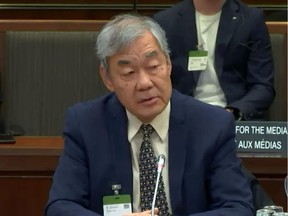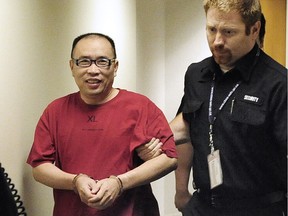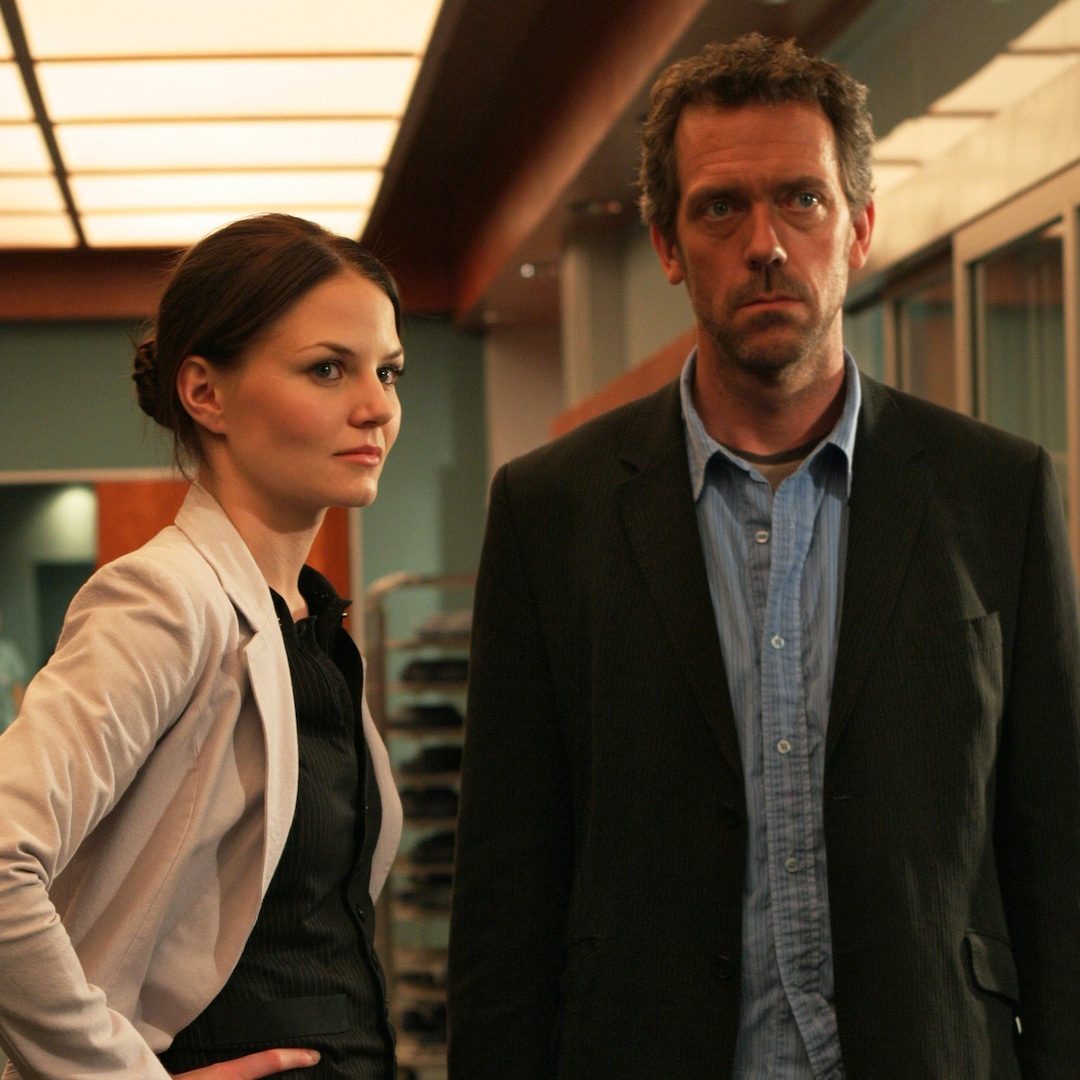Case of Ping-Teng Tan turns a spotlight on one of the first and most prominent allies of the Chinese Communist Party in Canada
Article content
When the Chinese government wanted Canada to extradite an allegedly corrupt businessman in 2011, it turned to a Toronto lawyer and erstwhile friend for advice.
Ping-Teng Tan suggested a strategy for “repatriating” Lai Changxing that Beijing followed. “I helped the Chinese government solve a very difficult problem,” he boasted to the state-run Phoenix TV network in a 2015 interview on how China could get other such fugitives out of Canada.
Advertisement 2
Article content
But almost 10 years later, Tan is now battling allegations of financial irregularities himself.
The Law Society of Ontario recently suspended his licence to practise as it investigates allegations that he misappropriated more than $500,000 from a client, money intended as a retirement nest egg.
“We have endured mental anguish for an extended period and would like to promptly recover our funds for the sake of our retirement life,” the client said in his complaint.
Recommended from Editorial
Tan, often known as just Ping Tan and aged about 80, consented to his licence suspension, the society says, while the regulator has yet to file actual discipline charges or prove them in a discipline hearing.
Still, as Canada grapples with the threat of foreign interference, the case turns a spotlight on one of the first and most prominent allies of the Chinese Communist Party in this country, one who has stayed close to Beijing for decades.
Article content
Advertisement 3
Article content
The Bond Education Group Tan founded trains Chinese officials in Canadian management and government operations, while an employee of the school accused him of firing her for protesting with other members of the Falun Gong, a spiritual group banned by Beijing. He has attended numerous functions at the Chinese consulate in Toronto and met with a succession of visiting Chinese leaders.
He heads a group that promotes “reunification” of Taiwan with China, something most Taiwanese oppose, and co-founded another organization — the National Congress of Chinese Canadians (NCCC) — that a defecting Chinese diplomat alleged was a creation of the embassy.
Tan has praised the 2020 Hong Kong national security law that’s been widely decried for quashing the city’s limited freedoms, defended China’s crackdown on 2008 protests in Tibet and helped set up an exhibit that extolled Beijing’s rule of the territory. He also co-hosted a news conference complaining about a Globe and Mail article that revealed Canadian Security Intelligence Service suspicions around former Ontario cabinet minister Michael Chan’s ties with China. (Chan, now Markham, Ont.’s deputy mayor, denies any improper relationship.)
Advertisement 4
Article content
“I would call (Tan) their number-one proxy,” says Cheuk Kwan of the Toronto Association for Democracy in China. “He was the prime mover from the founding of the NCCC back in ‘92 and ’93.”

Tan could not be reached for comment.
The Law Society started looking at Tan after a client complained earlier this year that the lawyer handled the sale of the person’s small business, received more than $500,000 from the buyer, then never handed it over to the seller, according to law society documents. The client asked for the money repeatedly, as did another lawyer he hired to help recover the cash. Tan never did hand it over, but eventually offered to put up his house as security, a proposal the client refused.
A law society forensic auditor asked for documents dealing with the case but also faced obstacles, he said in an affidavit.
Tan’s actions are “indicative that the funds are no longer being held in trust and have been misappropriated,” said the Law Society in another document. “There is a significant risk of harm to the public.”
The Law Society of Ontario Tribunal decided on June 6 to suspend Tan’s licence. The lawyer earlier informed the regulator that he was retiring and closing his practice.
Advertisement 5
Article content
Tan’s role as a Beijing ally has also waned somewhat in recent years, but few Canadians could rival the duration of his support of China.
He was licensed to practise law in Ontario in 1977, while also becoming a leader in Toronto’s Chinese-Canadian community. Kwan said he first cottoned on to Tan’s ties to China after the creation of the NCCC in 1992. The group has had a lengthy history since of supporting Beijing on controversial issues, but Chen Yonglin, a Chinese diplomat in Australia, went further after he defected in 2005.
Chen charged that the national congress was at the top of the pyramid of Canadian groups actually set up by the Chinese consulates and embassy in Ottawa, purportedly to represent Chinese Canadians, while acting to further Beijing’s interests. The organization came into being three years after the Tiananmen Square massacre made China something of an international pariah. The NCCC has strongly denied it had such a relationship with the PRC.
In its 2015 story on Tan, China’s Phoenix TV quoted the Chinese consul general at the time as saying that all nine of the country’s mission heads in Toronto over the years had been “very familiar” with the lawyer. “He would attend every major event of the Consulate General,” consul Fang Li told the television network.
Advertisement 6
Article content
And in the late 2000s, Tan told Phoenix, the Chinese ambassador consulted him on how Beijing could get businessman Lai Changxing back to China to face corruption charges, given that the countries lacked an extradition treaty.

The lawyer says he told the ambassador China would have to guarantee it would not execute Lai to get Ottawa’s support. It made such a pledge, Canada deported Lai in 2011 and he was eventually sentenced to life in prison.
Tan continued to echo Beijing’s narratives until recent years. He told China Daily in 2020 that it would be a “lose-lose” situation and cause “crippling damage” to Canada-China relations if a Canadian court extradited Huawei executive Meng Wanzhou to the U.S.
In 2022, as chairman of Chinese Canadians for Chinese Reunification, he criticized then-U.S. House Speaker Nancy Pelosi’s visit to Taiwan, castigated those on the island who resisted union with the mainland and applauded Beijing’s aggressive military response to the visit.
“China’s military exercises have not only curbed the arrogance of Taiwan independence but also boosted the confidence of overseas Chinese,” he told China Daily.
Our website is the place for the latest breaking news, exclusive scoops, longreads and provocative commentary. Please bookmark nationalpost.com and sign up for our daily newsletter, Posted, here.
Article content









